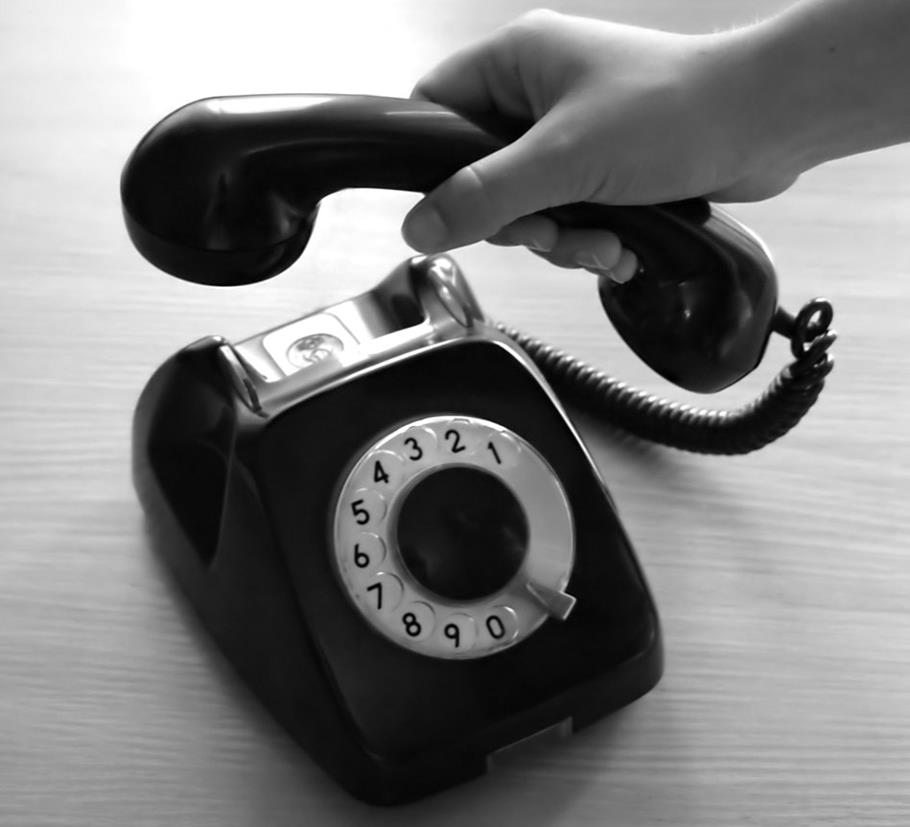Are Opinion Polls Reliable?
June 22, 2012 in Daily Bulletin

In an election year polling data about the views of the electorate always steal the headlines. But are opinion polls reliable anymore? Will Oremus noted:
- Pew Research Center, arguably the most respected polling organization, found that fewer than one in 10 people now respond to their surveys. 15 years ago it was 36%.
- This might be because people are less willing to pick up calls from unknown numbers in the age of caller ID. And when they do they may be less willing to discuss their political views.
- Subsequent analysis done by Pew suggests that Pew respondents are more likely to be smokers, internet users and on food-stamps.
- This is likely to bias polling results in certain areas.
- Overall though polling now is likely more reliable than it was 30 years ago, when phones were uncommon enough to require pollsters to go door-to-door to ask people their opinions.
- It may be that the 1990s and early 2000s were the golden years for accurate polling – we may never reach the kind of accuracy we did then.
To read more, including ways that Pew’s sample population is similar to the wider American population, what this may mean for Barak Obama and Mitt Romney, why a lot of the people who are likely to pick up calls from Pew callers are ineligible to give their opinions, what nonresponse bias, coverage bias, and Bradley effect mean, why higher response rates don’t necessarily mean better data, and some reflections on the future of polling, click here.
Source: Slate
Join the Discussion! (No Signup Required)